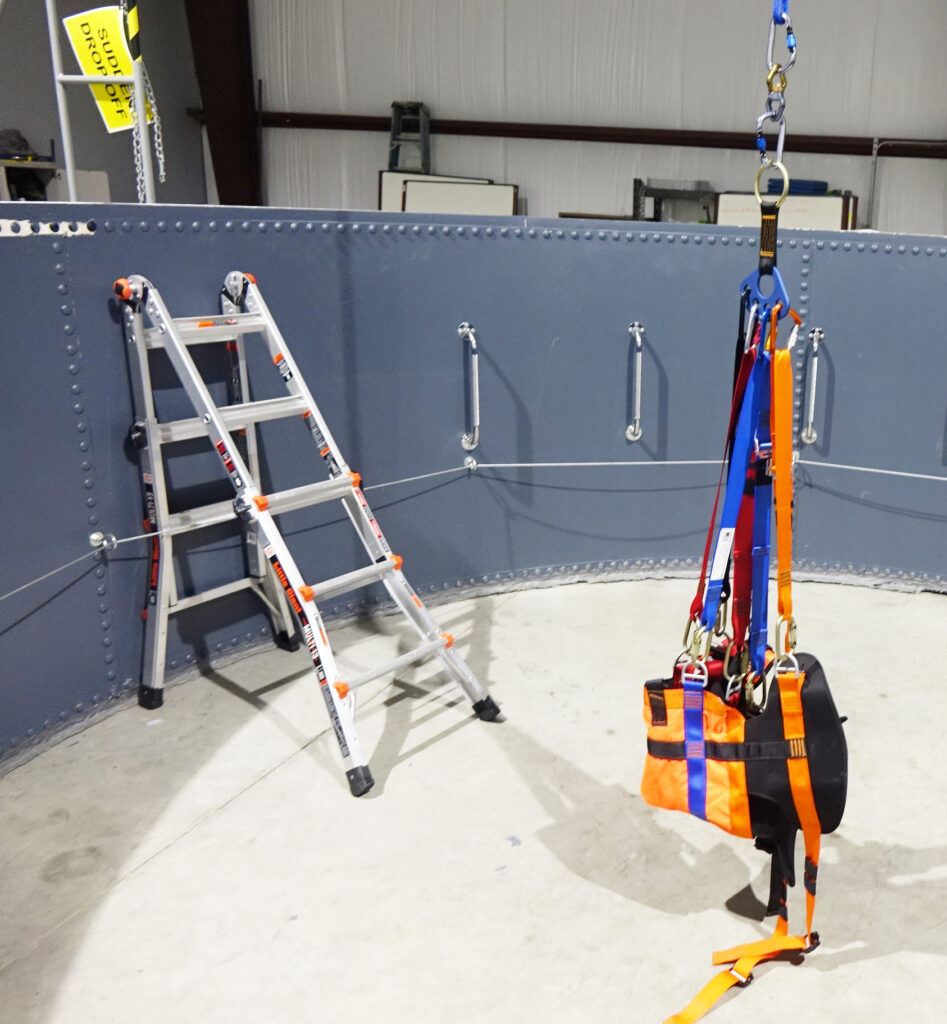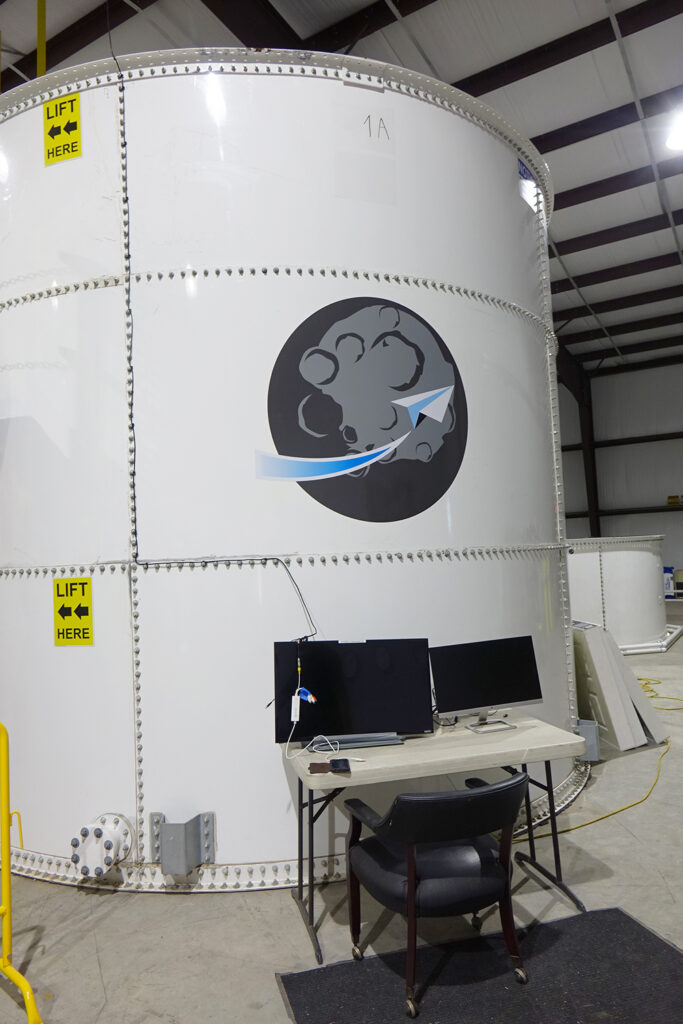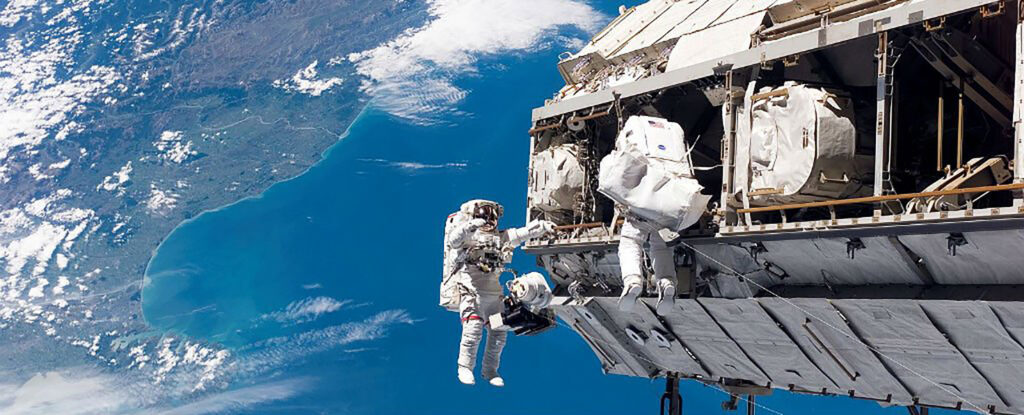Barton Bollfrass, like many of us, grew up on the thrills of space travel, moon landings, and shuttle programs. More recently, he has enjoyed reading about and watching the modern breakthroughs of SpaceX, including the Tesla convertible now orbiting the sun at seven miles per second with a Starman mannequin at the wheel.
Barton just may be Texas’ answer to Elon Musk, and he is as much a philosopher about space flight as he is a business man. Thanks to Barton’s common sense approach—and some important folks in Washington D.C.—what has previously been the purview of billion-dollar government contractors may be within reach for his Opifex Global astronaut training program right here in Georgetown.
At a recent meeting in Washington, D.C., Opifex demonstrated to the National Space Council (NSC) and the White House that training one astronaut does not have to cost taxpayers $50 million (the current price tag). The impact of that number becomes even greater when you answer the question he asks with a grin and a Spock-like eyebrow: What do you call a person who went through a $50 million training program but never goes into space? … An astronaut.
He proved his training model, partnered with the appropriate EVA suit manufacturer, then…

He got the ‘GO’ decision from the NSC to respond to an RFP that would allow Opifex to provide astronaut training for future space flights for a lot fewer of your tax dollars.
But outer space is expensive, isn’t it?
Using the photos above, Barton explains the physical and physiological similarities between working on the moon and working underwater.
As a former Navy diver, he began applying the same training principles and equipment to both. “The astronaut helmet was literally designed as a bubble to copy Flash Gordon. The underwater diver has a small faceplate so he can focus on the work in front of him. Both suits are pressurized to keep the occupant alive. The big difference? Oh yeah, the spacesuit costs $13 million for some extra layers of fabric.”

So, Opifex can prepare an astronaut for flight for $50,000. That’s 1/10th of one percent of what the government currently spends. “There is no reason for space flight to be so expensive. Opifex is changing the paradigm on astronaut training and we’re enjoying being disruptive in what has traditionally been a ‘spend more for better’ program,” he says. “If you think about it, space travel is the only technology that has not gotten any smaller or cheaper. Sadly, there are many individuals and vendors who have made a lot of money for decades on space equipment and machinery. Taxpayers deserve better.”
With Opifex’s more-reasonable plans and programs, money could be spent elsewhere in the space program; e.g., building a station on the moon that can be a starting point for Mars and beyond. “It takes 17,000 miles worth of fuel just to get off the Earth,” Barton adds. “Imagine how far we could go if we had a gas station on the moon to start from. Too often we hear about a company that invented a ‘spaceflight rotary boring auger’… it’s a drill! They just call it a spaaaace drill and put a million-dollar price tag on it.”
Barton uses his own pool design to train astronauts for zero gravity work and insists space travel is not just for pilots. “We only need two pilots to get the technicians there and back. We need many more specialists who can focus on the work to be done on the moon. We built a neutral buoyancy tank and filled it with water. It’s not special space water and we put on the same harness and suit the government does. We found a company to make the suits, and, like diving, it’s just a personal life support system with a coverall made of heavy fabric that is airtight. We pressurize it so you can just get to work. Then we train specialists to: 1. Not take off the helmet; 2. Don’t touch the dials; and 3. Just get to work.
“There’s nothing else you need to know. When you ride a roller coaster, you don’t need to understand engineering. Just don’t let go. Ironically, it’s not rocket science at all.”
Barton hopes his and other companies that are helping privatize space exploration will allow NASA, and mankind, to arrive at the moon to collaborate as benign entities and eventually share in the benefits to be had from reaching other planets, rather than just building space stations merely to give the rockets a place to go.
Visit OpifexGlobal.com for more on these and other amazing endeavors.

